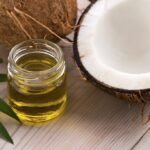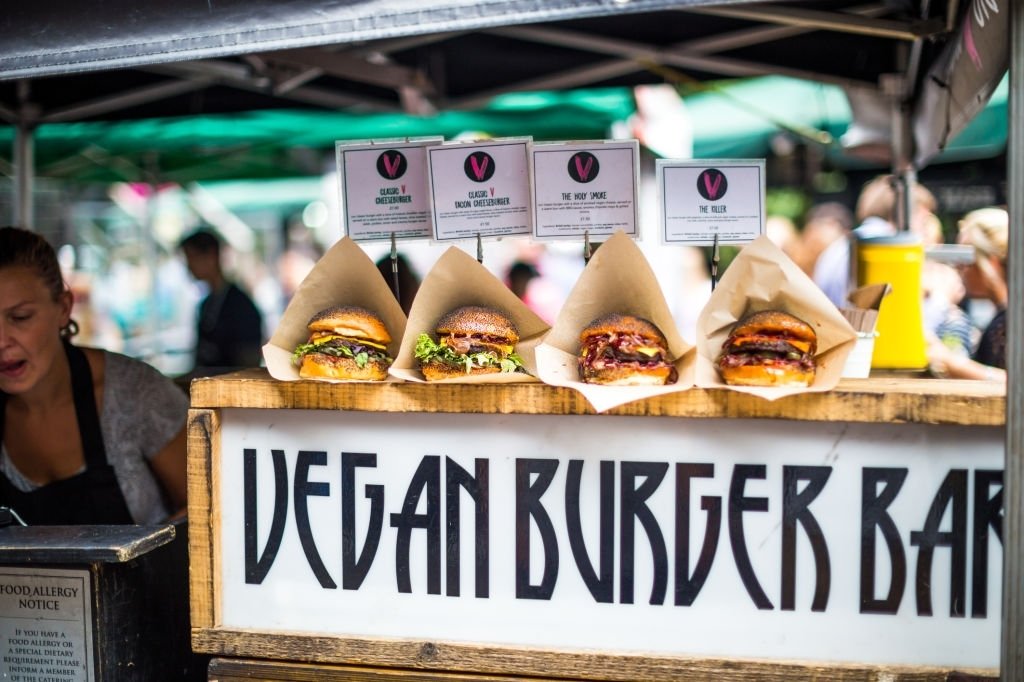Deciding whether to incorporate eggs into your vegan lifestyle can be a tricky question for many. In this article, we will discuss the fundamentals of eggs and how they fit within the parameters of veganism. We’ll also explore some alternatives and provide valuable insight into this hot topic. So, are eggs vegan? Let’s find out, as well as some amazing alternatives.
The Vegan Lifestyle: A Quick Overview
Before diving into the question surrounding eggs, it’s essential to have a clear understanding of the vegan lifestyle.
Vegans abstain from consuming any animal-derived products, including meat, dairy, and honey.
They also avoid using materials such as leather or fur and reject products tested on animals.
Personal beliefs and values may vary within the vegan community, which often leads to thought-provoking discussions about controversial topics like eggs.
The Controversy of Eggs
At first glance, it might seem like eggs should fit comfortably within the spectrum of veganism since they are not directly made from animals.
However, when taking a deeper look at egg production processes and dairy consumption, we come face-to-face with numerous ethical concerns that many vegans find unacceptable.
One primary concern involves the treatment of laying hens in factory farms – birds that often suffer from cramped conditions without access to outdoor areas.
Additionally, male chicks are useless to egg production facilities, which results in their mass culling shortly after hatching.
These sobering realities push most vegans away from eating eggs and towards finding ethical alternatives.
When it comes down to categorizing if eggs are vegan or not:
Eggs are generally considered non-vegan due to ethical concerns surrounding their production process.
Exploring Alternatives: Egg-Free Options for Vegans
Fortunately for those committed to an ethical vegan lifestyle, there are plenty of egg alternatives available in today’s market.
These options not only serve as great substitutes in meal preparation but also as a way to ensure vegans obtain essential nutrients like protein, choline, and omega-3 fatty acids.
Some popular egg alternatives include:
- Tofu: A versatile protein source that can be used in various dishes like scrambles or egg salads.
- Chia seeds and flaxseeds: Ideal for binding and thickening recipes like vegan baking.
- Vegan egg substitutes: Commercial products that mimic the taste of real eggs.
It’s worth mentioning that maintaining a well-rounded balanced vegan diet is crucial for ensuring proper levels of nutrients, whether you’re opting for egg replacements or not. Be sure to consume adequate amounts of plant-based proteins, healthy fats, vitamins, and minerals.
Nurturing A Sustainable & Ethical Lifestyle
Living ethically does not need to be a struggle. It’s all about making conscious choices and educating yourself on how veganism interacts with your daily life.
Embracing a holistic approach toward health is essential while advocating for a better world by nurturing both spiritual and physical well-being.
As we can conclude from this discussion, eggs do not fit into the vegan lifestyle due to ethical concerns associated with their production process.
We encourage vegans to explore the plethora of egg-free alternatives available today, without sacrificing taste or nutrition quality.
Conclusion: Are Eggs Vegan?
In conclusion, the question “Are eggs vegan?” has a straightforward answer: no. Despite the fact that they don’t involve the direct consumption of animal flesh, the ethical concerns surrounding their production process make them incompatible with a vegan lifestyle. Nevertheless, vegans can still enjoy an array of delicious egg-free alternatives while maintaining a balanced and nutrient-rich diet. By embracing conscious choices and continually educating ourselves about sustainable and cruelty-free living, we can build a more compassionate world for all beings.


